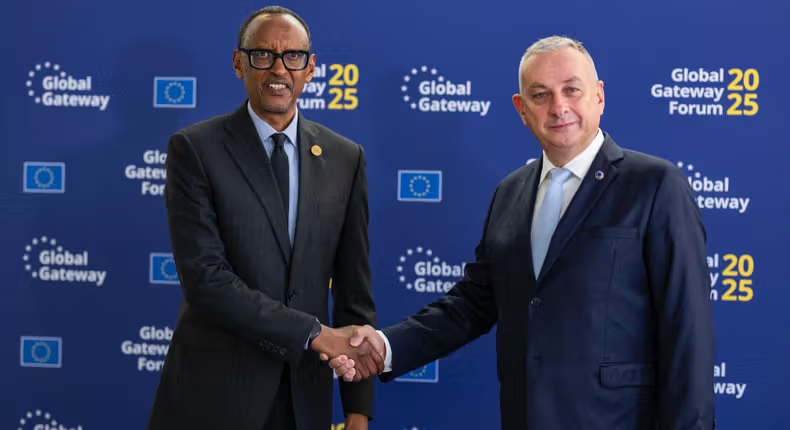Rwanda is fast emerging as a powerhouse in vaccine manufacturing across Africa thanks to a major funding boost from the European Union and strategic partnerships with biotech firms. Under the EU’s Global Gateway strategy and the Team Europe Initiative (MAV+), Rwanda is building vital capacity for research development and pharmaceutical production, particularly for mRNA-based vaccines.
The Kigali facility launched by BioNTech is central to this transformation. It is being built not just as a factory but as a regional hub that will produce vaccines tailored for the needs of African Union member states. Alongside manufacturing infrastructure the initiative is investing heavily in skills training, regulatory oversight, quality control labs, and biotech startup support.
This means many of the key pieces needed for vaccine sovereignty are being put in place: a regulatory environment that can approve safe and effective products locally, a workforce trained for biotech and pharma jobs, and a local supply chain that reduces dependence on imported medicines.
For Africa this is hugely significant. Almost 99 percent of vaccines used on the continent have been imported, leaving response to health crises slow and costly. With Rwanda taking these steps, the continent moves toward having its own vaccine ecosystem—quicker access, lower costs, and stronger preparedness for future pandemics.
Still challenges remain: scaling up to full commercial output, ensuring affordability, maintaining high quality, and navigating global regulatory requirements. But Rwanda’s progress so far shows what a combination of political will, international investment, and biotech innovation can achieve.


